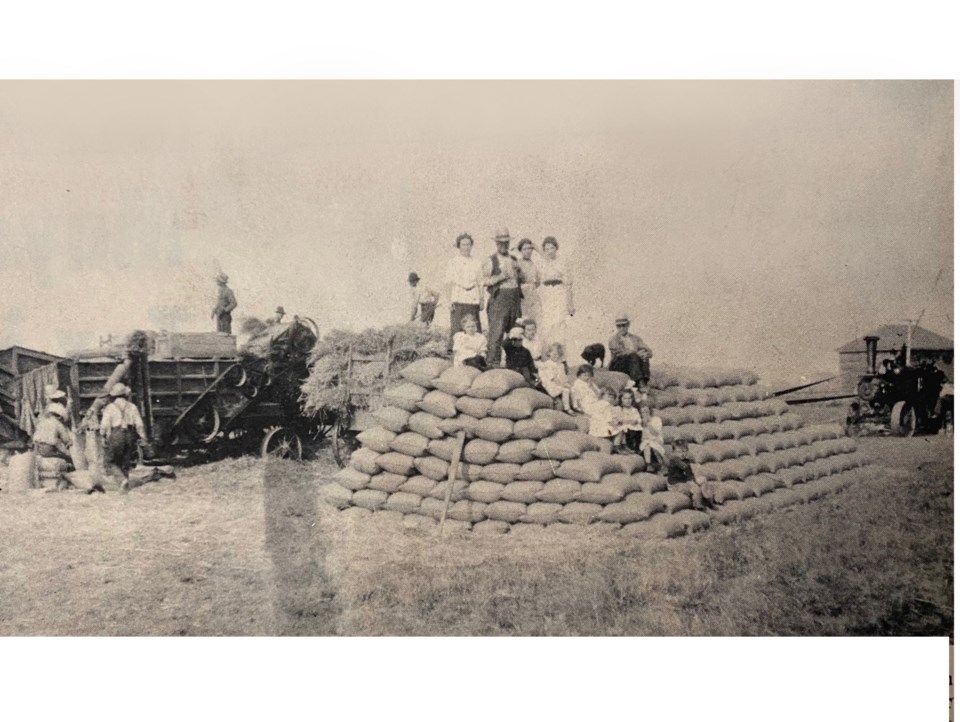The municipality of Delta is going to be 145 years old.
The official incorporation of the community, which until a few years ago was not officially titled a city but a corporation, took place on Nov. 10, 1879.
At the time, Delta was a small farming and fishing community, which its got start in 1868 when William Ladner bought 640 acres of land on the south side of the river.
His brother Thomas followed and was the second homesteader in Delta.
It wasn’t until the ;ate 1870s that there were enough settlers to establish a community.
A total of 79 residents signed a petition to the province’s lieutenant governor that year asking that Delta be declared a municipality.
The petition states, in part, “we the undersigned residents of south side of Fraser River, being duly qualified to petition as provided in clause three of the municipal act of 1872, herby request to be incorporated as a municipality. The municipality is to be known by the name of Delta. The number of councillors shall be seven.”
The British Columbia Gazette published the deed of incorporation for the Corporation of Delta.
William Ladner was chosen as the first reeve, (now known as a mayor) of Delta.
Council today still has just seven members, unlike most other municipalities in the province of similar size which have more.
In 2017, council agreed to move forward to officially change the municipality’s title from the Corporation of Delta to City of Delta.
The only way residents could have blocked the change was for at least 10 per cent of eligible voters to submit an elector response form registering their opposition.
The number of electors in the municipality at the time was estimated to be 69,928, so 6,993 forms registering opposition were needed.
The total number of verified response forms submitted was 1,506, just over two per cent.
As far as those who registered their opposition, 1,450 forms came from South Delta while only 56 came from North Delta.
According to a report at the time, the classification change would not impact Delta’s agricultural identity, municipal status nor the community names of Ladner, Tsawwassen and North Delta.
“Farming and agricultural land remain vital components of not only Delta’s identity, but its economy, culture and history.”




